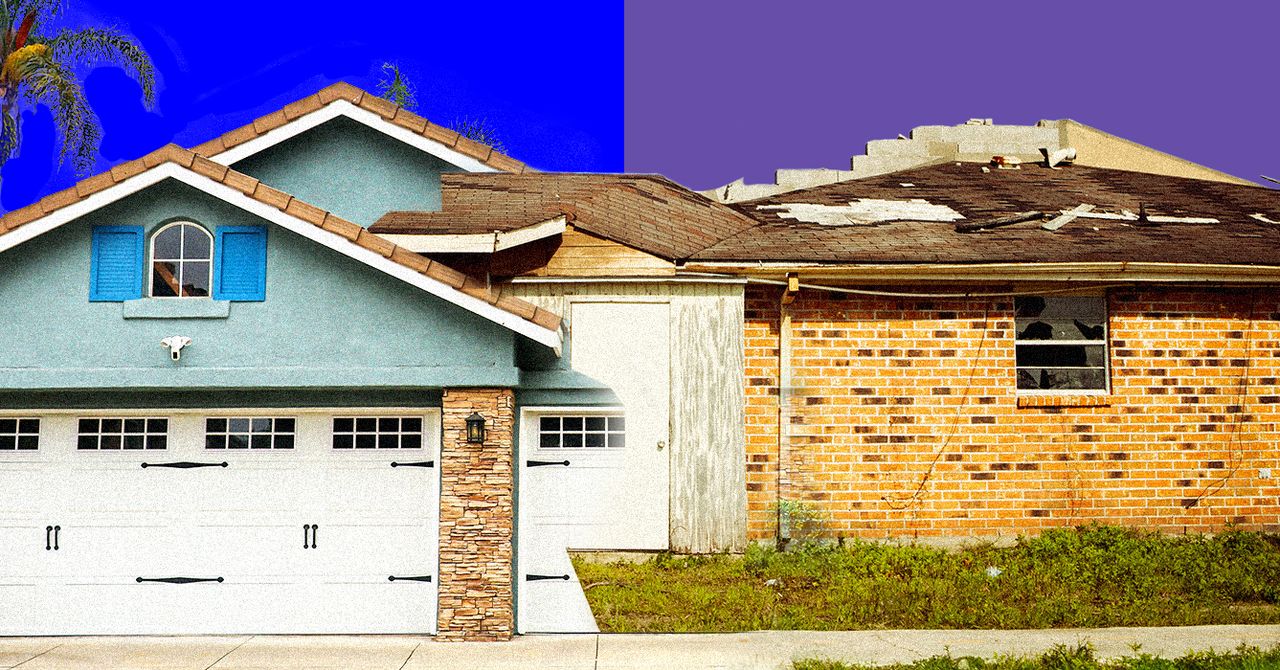AI-Generated Media Reshapes Real Estate Listings

Key Points
- AI tools like AutoReel can create property videos in minutes, cutting costs and turnaround time.
- A majority of realtors at recent conferences report using AI in their workflows.
- Consumers have identified unrealistic details in AI‑enhanced listings, such as impossible stairways.
- Side‑by‑side photo comparisons reveal AI‑added or removed features like cabinets and rooflines.
- The National Association of Realtors urges disclosure of AI use but notes legal uncertainty.
- Automated copy often repeats phrases like “nestled,” indicating possible AI generation.
- Industry leaders see AI as a productivity boost, while critics warn of misleading imagery.
- Clearer ethical guidelines are needed to balance efficiency with consumer protection.
Real estate professionals are increasingly using AI tools to create photos, videos, and copy for property listings. Applications like AutoReel can generate virtual tours in minutes, promising cost savings and faster turnaround. While agents tout efficiency, consumers are spotting unrealistic details, such as impossible stairways and altered room dimensions, leading to accusations of deception. Industry groups acknowledge the legal gray area and urge disclosure, but the technology’s rapid adoption suggests it will remain a major influence on how homes are marketed.
Rise of AI in Real Estate Marketing
AI-driven platforms are transforming how real estate listings are presented. Tools such as AutoReel allow agents to turn ordinary property photos into vertical video walk‑throughs in minutes, eliminating the need for professional videographers and reducing costs. The National Association of Realtors reports that a large majority of attendees at recent industry events are already using AI, with many indicating that AI adoption has become commonplace among realtors.
Consumer Backlash and Misleading Imagery
Homebuyers and observers have begun noticing anomalies in AI‑enhanced listings. Examples include staircases that lead nowhere, exaggerated room sizes, and color shifts that signal AI manipulation. Users on social media have highlighted side‑by‑side comparisons showing original photos altered by AI to add or remove features such as cabinets, rooflines, or landscaping. The prevalence of these “hallucinations” has prompted concerns about misleading consumers during a high‑stakes purchase.
Industry Response and Ethical Concerns
Real estate trade groups acknowledge the potential for deception and point to existing ethical codes that prohibit misleading images. While the legal framework remains uncertain, the National Association of Realtors advises agents to disclose AI use, similar to past virtual staging disclosures. Some agents have noted that AI‑generated copy often contains repetitive phrasing, such as the word “nestled,” which can betray automated generation.
Future Outlook
Despite criticism, many professionals view AI as a cost‑effective tool that can streamline marketing workflows. Advocates argue that AI can produce high‑quality visual content at a fraction of traditional costs, allowing agents to focus on other aspects of client service. However, the tension between efficiency and accuracy suggests that the industry will need clearer guidelines and better detection methods to maintain consumer trust as AI becomes entrenched in real‑estate advertising.